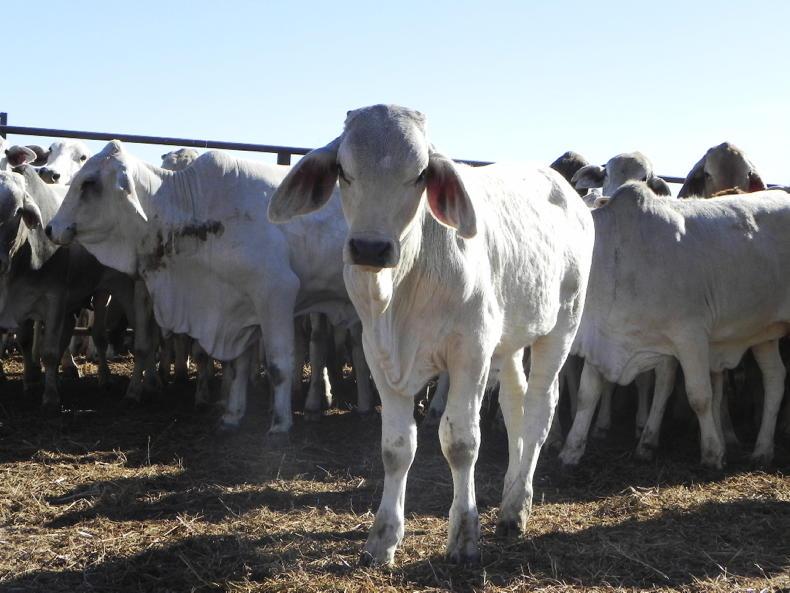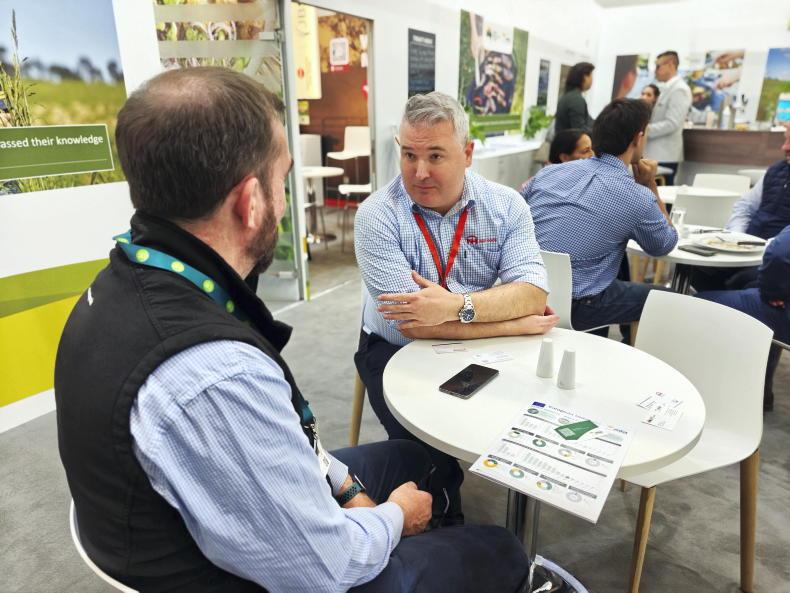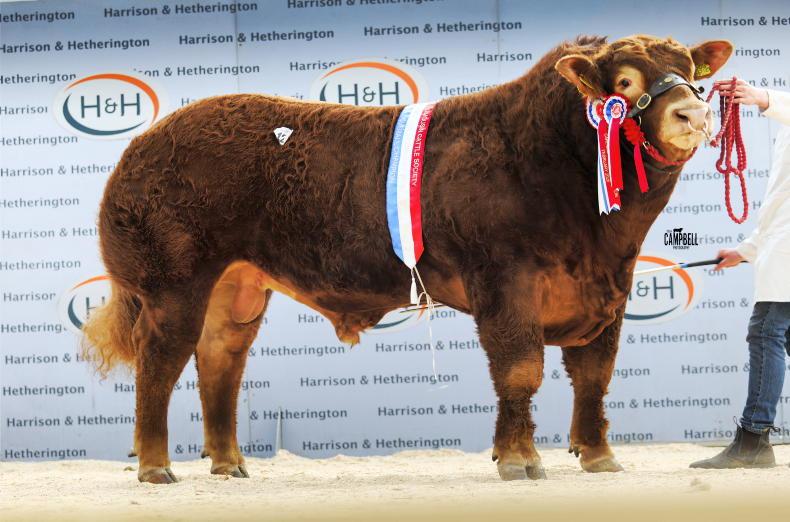An expert group set up by the UK government to scrutinise new free-trade agreements has raised only minimal concerns around a proposed deal with Australia.
Signed in December 2021, the free-trade deal is due to be ratified by the UK parliament in the coming weeks, and offers widespread access to the UK market for beef, lamb and dairy products.
Despite concerns being raised about production standards in Australia compared to those expected of UK producers, many of those issues have been dismissed in the advice to government provided by the Trade and Agriculture Commission (TAC).
That body was originally formed in July 2020, with a membership that included representatives from the four main UK farming organisations (Victor Chestnutt represented the UFU).
However, the TAC has since been slimmed down, with the UK government claiming it was “strengthened” to provide “expert scrutiny” of new trade deals. That “expert scrutiny” seems to involve believing everything the Australians claim about their production system.
Hormones
On the issue of growth promoting hormones, the TAC accept that they are used in around 40% of Australian cattle, but point out that the Australian beef industry has a system in place to keep this beef separate.
“It is not clear whether UK inspectors have audited the scheme since the UK left the EU, but we have no reason to believe the scheme is not reliable and robust,” reads the TAC report.
Antibiotics
Concerns have also been raised about the use of antimicrobials, but according to the TAC, the greatest use of these products is in pig and poultry production, which are not included among the products benefiting from lower tariffs under the deal.
“Antibiotic use in cattle and sheep is comparatively low in Australia, largely as a result of climatic conditions and Australia’s extensive, outdoor systems for rearing red meat,” claims the TAC.
Mulesing
It also rejects concerns about the practice of mulesing in sheep to remove folded skin to help prevent fly strike, pointing out that this practice is mainly confined to Merino sheep bred for wool, and in any event, most receive pain relief. “Lambs reared for meat are not mulesed. The Australian High Commission stated that any imports of mutton from mulesed sheep would be negligible,” states the TAC report.
Transport
On long journey times to slaughter (well beyond what is allowed in the UK), the TAC claim that long-distance transport is mainly confined to the movement of bos indicus cattle reared in northern Australia, and little of this meat is likely to be exported to the UK.
The TAC does, however, accept that more feedlot beef will enter the UK under the deal with Australia, but argue that it may actually be produced under conditions that are more generous than in the UK itself.
Climate change
The expert group also refer to claims that Australian imports will carry a higher carbon footprint than UK product, arguing that the scale and system of production in Australia make this “unlikely”. The TAC quote a Meat and Livestock Australia study which found that meat processing and shipping to the EU accounted for a “very small” proportion of total greenhouse gas emissions in the cattle production cycle (less than 3%).
Read more
UFU highlight NZ trade deal concerns
Brexit hasn’t gone away
An expert group set up by the UK government to scrutinise new free-trade agreements has raised only minimal concerns around a proposed deal with Australia.
Signed in December 2021, the free-trade deal is due to be ratified by the UK parliament in the coming weeks, and offers widespread access to the UK market for beef, lamb and dairy products.
Despite concerns being raised about production standards in Australia compared to those expected of UK producers, many of those issues have been dismissed in the advice to government provided by the Trade and Agriculture Commission (TAC).
That body was originally formed in July 2020, with a membership that included representatives from the four main UK farming organisations (Victor Chestnutt represented the UFU).
However, the TAC has since been slimmed down, with the UK government claiming it was “strengthened” to provide “expert scrutiny” of new trade deals. That “expert scrutiny” seems to involve believing everything the Australians claim about their production system.
Hormones
On the issue of growth promoting hormones, the TAC accept that they are used in around 40% of Australian cattle, but point out that the Australian beef industry has a system in place to keep this beef separate.
“It is not clear whether UK inspectors have audited the scheme since the UK left the EU, but we have no reason to believe the scheme is not reliable and robust,” reads the TAC report.
Antibiotics
Concerns have also been raised about the use of antimicrobials, but according to the TAC, the greatest use of these products is in pig and poultry production, which are not included among the products benefiting from lower tariffs under the deal.
“Antibiotic use in cattle and sheep is comparatively low in Australia, largely as a result of climatic conditions and Australia’s extensive, outdoor systems for rearing red meat,” claims the TAC.
Mulesing
It also rejects concerns about the practice of mulesing in sheep to remove folded skin to help prevent fly strike, pointing out that this practice is mainly confined to Merino sheep bred for wool, and in any event, most receive pain relief. “Lambs reared for meat are not mulesed. The Australian High Commission stated that any imports of mutton from mulesed sheep would be negligible,” states the TAC report.
Transport
On long journey times to slaughter (well beyond what is allowed in the UK), the TAC claim that long-distance transport is mainly confined to the movement of bos indicus cattle reared in northern Australia, and little of this meat is likely to be exported to the UK.
The TAC does, however, accept that more feedlot beef will enter the UK under the deal with Australia, but argue that it may actually be produced under conditions that are more generous than in the UK itself.
Climate change
The expert group also refer to claims that Australian imports will carry a higher carbon footprint than UK product, arguing that the scale and system of production in Australia make this “unlikely”. The TAC quote a Meat and Livestock Australia study which found that meat processing and shipping to the EU accounted for a “very small” proportion of total greenhouse gas emissions in the cattle production cycle (less than 3%).
Read more
UFU highlight NZ trade deal concerns
Brexit hasn’t gone away










SHARING OPTIONS